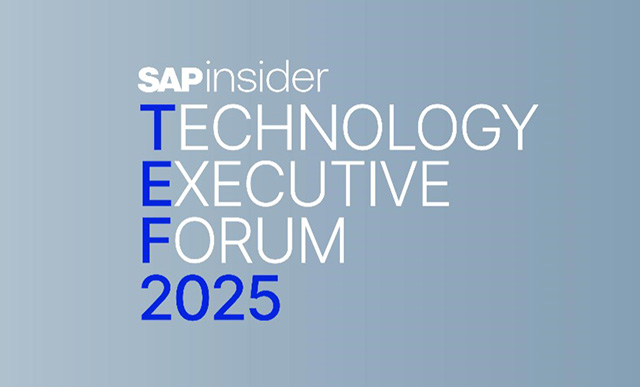The effects of an ever-evolving regulatory landscape continue to impact enterprise tax teams across the globe. Findings from SAPinsider's
Global Tax Management benchmark report confirm corporate income tax compliance is among the most significant regulatory updates impacting the workloads of EMEA-based organizations (42% of
EMEA-based respondents). Unfortunately, this compliance burden will only increase for EMEA organizations in 2023, as the European Union recently adopted a minimum corporate tax framework that continues to shift the global taxation landscape.
EU moves forward with corporate minimum tax
On December 13, 2022, the
EU announced a significant milestone in international tax reform. By unanimously agreeing to implement Pillar 2 of the OECD agreement – which advances unilateral efforts to combat multinational corporations who practice harmful taxation - members have agreed on a 15% minimum global corporate tax that will be applied according to each jurisdiction’s independent laws by 2023. Just weeks prior, The United Kingdom announced its commitment to advancing this initiative and has set an example for other countries looking to join these measures against aggressive tax avoidance practices.
Adding an extra layer to this complexity is the ongoing uncertainty regarding corporate minimum tax legislation in the U.S. Under the OECD agreement, headquarters jurisdictions, like the U.S., were granted "top-up" privileges for profits that fall short of the 15% effective tax rate on each specific jurisdiction. With the U.S. yet to join this initiative, multinational organizations across the globe will remain challenged by their ability to comply with global tax reform measures moving in 2023.
Growing need for the digital transformation of tax and finance
As global regulations and uncertainty continue to grow, SAPinsider organizations increasingly recognize the importance of digital transformation for tax and finance to remain compliant with global regulations. Centralizing tax management functions and leveraging cloud-based intelligent solutions lead to better resource utilization and improved risk control and provide enterprises with enhanced compliance across the jurisdictions they operate in. Automation technologies also enable more efficient and accurate data collection in support of a timely regulatory tax compliance cycle. Having up-to-date processes and tax technology is essential to remain compliant with changing regulations, such as the proliferating global minimum corporate tax framework.









